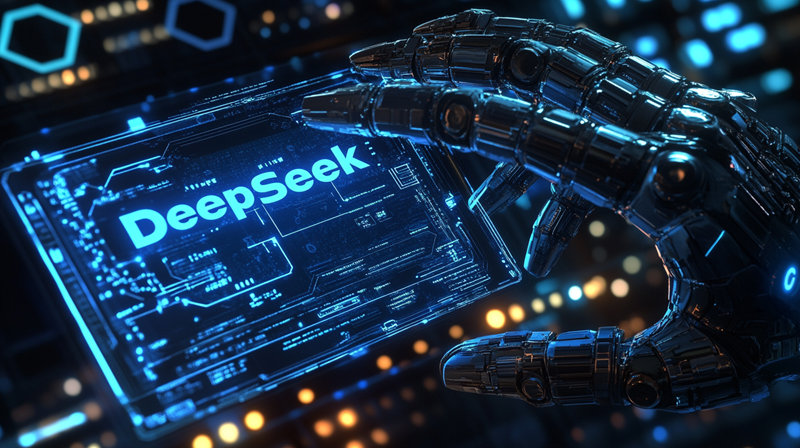At a recent industry conference, Mustafa Suleyman, CEO of Microsoft's AI division, made a striking statement, noting that machine learning companies are free to scrape most of the content published online and use it to train their neural networks. Suleyman believes that this online content can essentially be regarded as "freeware," providing a rich resource for the development of machine learning.

Image source note: The image was generated by AI, provided by the image licensing service Midjourney
Suleyman's remarks have garnered widespread attention in the industry. With the rapid development of artificial intelligence technology, machine learning has become a key driver of this progress. Neural networks, as the core component of machine learning, require extensive data for training and optimization. The breadth and diversity of online content undoubtedly provide ideal material for training machine learning models.
However, Suleyman's comments have also sparked some controversy. On one hand, some believe that this free scraping of online content may infringe on copyrights and personal privacy. On the other hand, there are concerns that indiscriminate use of this content by machine learning companies could lead to data bias and inaccurate learning outcomes.
Despite the controversy, Suleyman's perspective also reflects a trend in the field of artificial intelligence: leveraging open resources to drive technological advancement. As a global leader in technology, Microsoft's exploration and practice in the field of artificial intelligence will undoubtedly have a profound impact on the entire industry.
Microsoft has stated that it will continue to explore how to more effectively utilize online content for training and optimizing its machine learning models, while respecting copyrights and protecting privacy. The company also commits to engaging in open dialogue with industry partners, regulatory bodies, and the public to jointly address the ethical and legal issues of artificial intelligence.
As artificial intelligence technology continues to advance, how to balance technological innovation with social responsibility has become a challenge faced by the global tech community. Suleyman's remarks undoubtedly add a new perspective to this discussion and point the way for future development in artificial intelligence.










